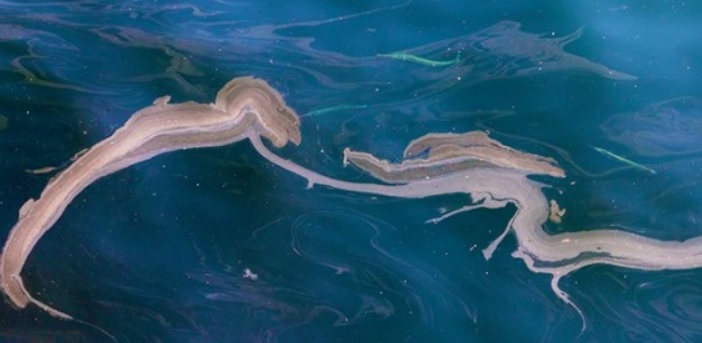Royal Dutch Shell Plc is guilty of a small amount of crude oil spill during a ship-to-ship oil transfer in Brazilian waters on November, as the company confirmed to Reuters.
Namely, approximately 200 milliliters of crude oil were released during the maneuver, which was stopped after the drip was detected, adding that authorities were notified and the incident left no trace of oil in the sea.
The spill was found when hoses connected tankers Vigdis Knutsen and Andromeda at Brazil’s Santos basin STS area. The Vigdis Knutsen was also involved in a small collision during a transfer in Uruguayan waters in May 2017.
[smlsubform prepend=”GET THE SAFETY4SEA IN YOUR INBOX!” showname=false emailtxt=”” emailholder=”Enter your email address” showsubmit=true submittxt=”Submit” jsthanks=false thankyou=”Thank you for subscribing to our mailing list”]
Yet, as Reuters stated a letter they obtained noted that the Fendercare was hired to oversee the maneuver. Fendercare made no comments on these allegations.
The letter that was sent to Brazilian environmental regulator Ibama by chartering firm Triaina Agencia Maritima said that the small quantity could not be measured because ‘drops of oil spilled into the ocean’.
In addition, Ibama noted that it was notified by both Fendercare and Triaina and that its technical team would use satellite images to analyze the oil leak.
According to the Brazilian law, Ibama, oil regulator ANP and the navy must be to-the-minute informed of any discharge of hazardous or dangerous substance that might cause pollution of national waters.
As noted by Reuters, the ship-to-ship maneuver is a practise that has been approved in Brazil from 2013. In STS practise, vessels pull alongside one another and oil is transferred via high-pressure hoses.
Growing seaborne transfers of crude produced at Brazilian offshore fields are concerning some experts and environmentalists, who say monitoring of the operations is lax.






























































